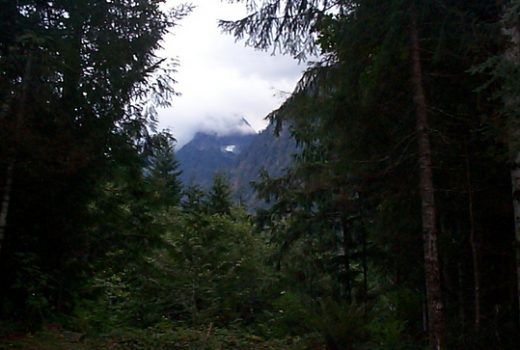In spite of the creature comforts people have come to rely on in recent years, some people still feel compelled to load all their essentials onto their back, and set it out into the unknown. Whether forests or jungles you plan to backpack through, there are a few essentials which you can’t afford to be without. This article details some of the key considerations to make when going backpacking.
Backpack
The backpack you carry your possessions in is of crucial importance. You might be used to being frivolous about the suitability of a bag, but when you’re trekking for miles and miles with it on your back, it pays to ensure that the load is being spread across your body and that you’re not going to experience back, shoulder or neck pain as a result of carrying the thing. Look for packs with lots of straps for support as well as space for all the things you’ll need to carry with you.
Footwear
If you intend on walking a long distance, it can really take its toll on your feet, so it’s important to take care of them when backpacking, especially if you need to continue walking. Taking care of your feet involves getting the right shoes and socks. It’s often worth spending more on proper walking or hiking boots, since they can offer unparalleled comfort, support and resistance to the elements. Proper hiking socks will also help to reduce the likelihood of getting blisters. Blisters can ruin a long walk so make sure you bring some moleskin which can be applied to the blister to make continuing the hike much easier to do.
Hydration
One of the most important aspects of backpacking is staying hydrated. This can be easier on some places than others, and if you’re trekking through a dry landscape without facilities, it’s important that you bring lots of water with you, staying hydrated will help your physical and mental functions, helping your body to replace the fluids lost through perspiration.
If you plan on finding sources of water out in the field, then it might be a good idea to take some sort of water filter with you.
Sleep
When you’re hiking for up to ten hours per day, it’s a good idea to ensure you’re going to sleep easily and comfortably. A tent and a warm sleeping bag is pretty essential, but the more lightweight you can make these the better. If you don’t like sleeping with rocks and rough ground underneath you might want to consider bringing a roll mat or sleeping pad too.
Food
When hiking with a heavy backpack for hours on end, it’s important to stay well-nourished. Things like blood sugar need to be taken care of with granola bars, power bars, nuts and other snack foods that you can consume on the move. You can also buy special Ready to Eat meals for evening meals, which simply require boiling water to be added. To boil the water you’ll either need a stove or simply a saucepan which you can place on burning embers. These ready meals are surprisingly diverse in taste and they can be eaten straight from the package, saving on washing up and waste.
Hygiene
While smelling great is definitely not a priority in the jungle, when you’re catching a bus or plane home you are going to want to smell like a normal, respectable passenger. It shows consideration for your fellow passengers and means you don’t smell like a vagrant. Taking a bottle of anti-perspirant or deodorant can help you travel home without inflicting other passengers with unpleasant odours.
Bill Weston writes on a number of subjects including sleeping bags and outdoor clothing.
